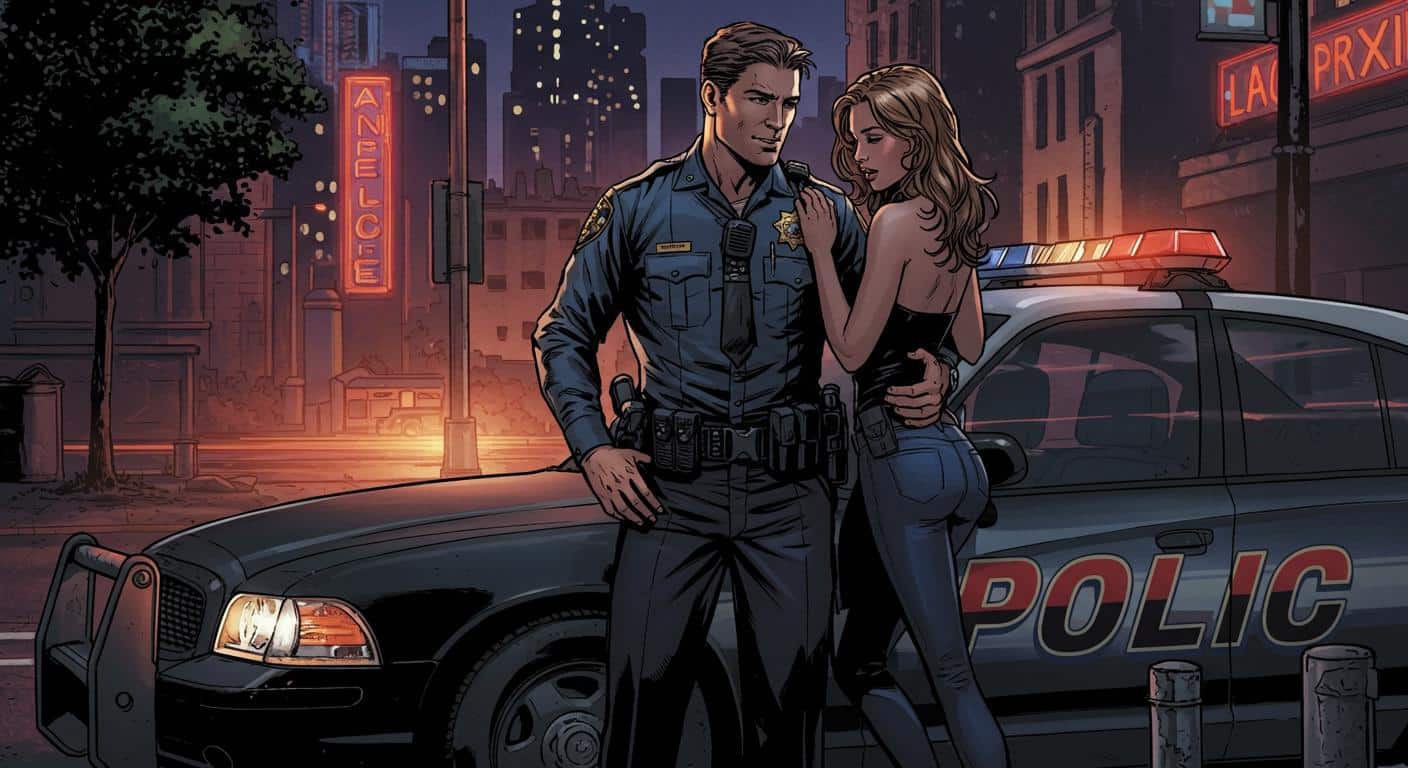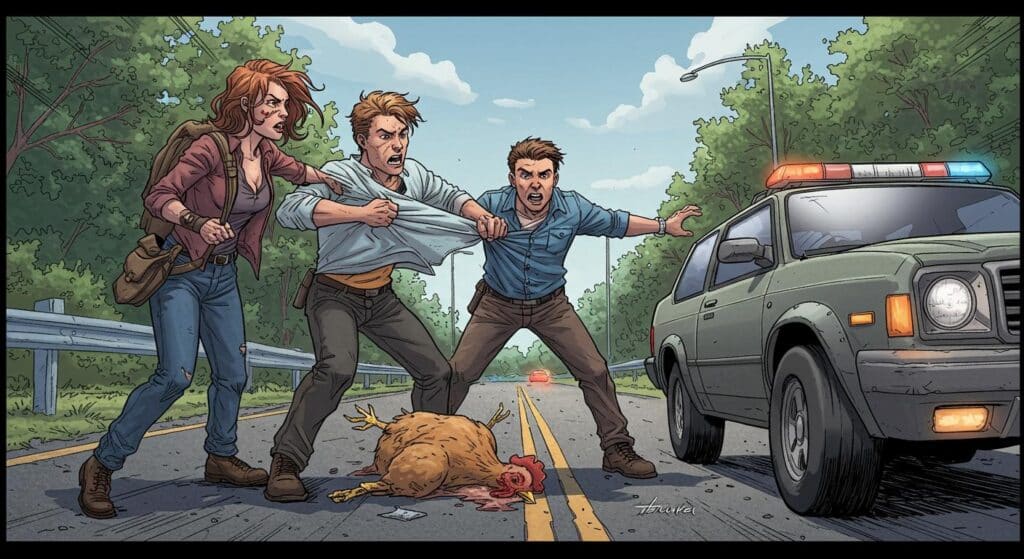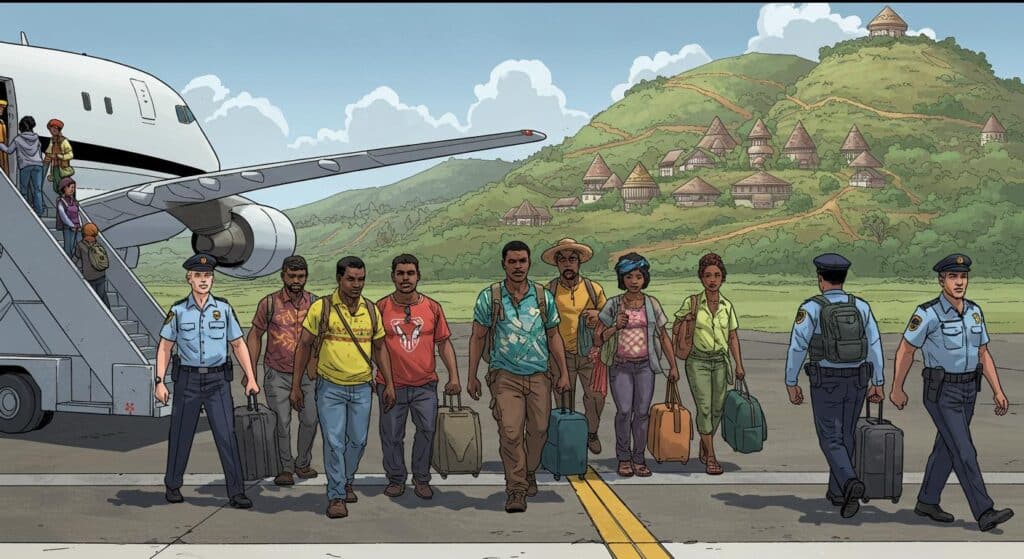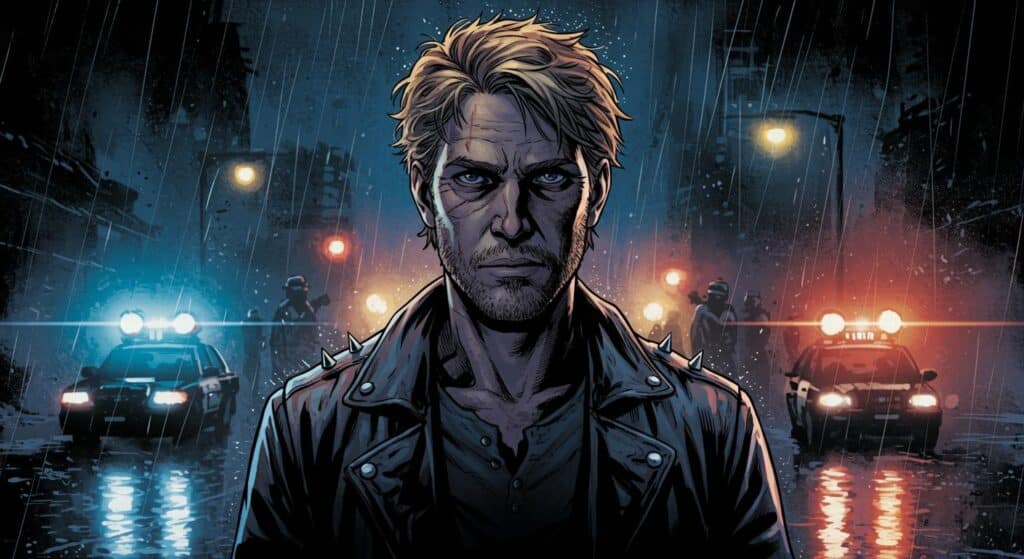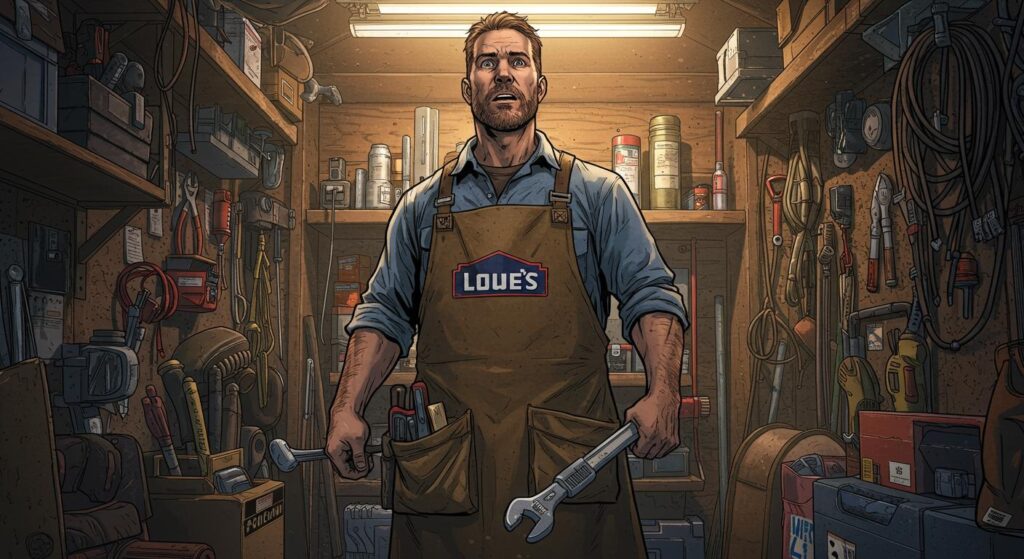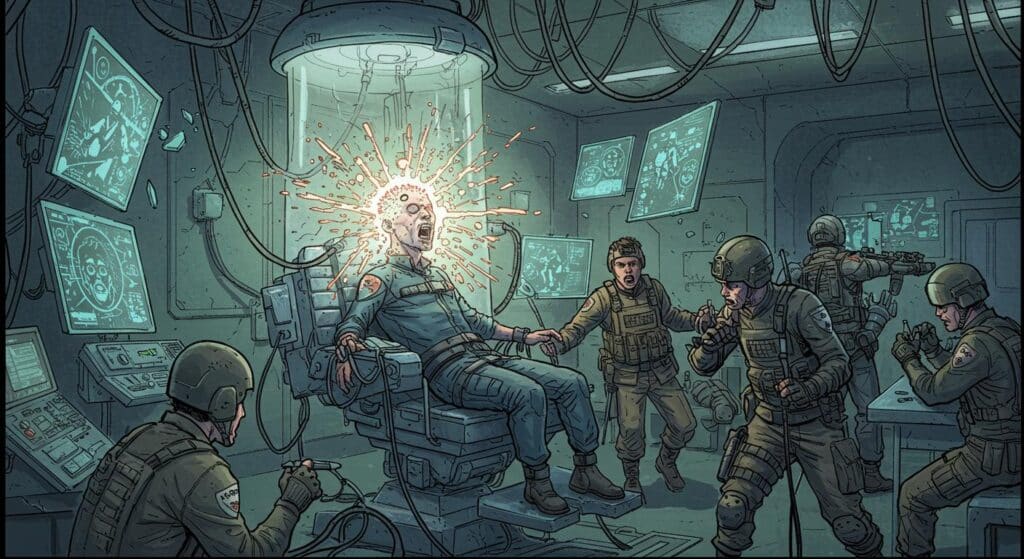There are days when trawling the crime blotter feels like panning for gold in a muddy river—maybe you emerge clutching a strange nugget, maybe you come up empty. And then there are days when the headlines practically walk up, plunk themselves in your lap, and politely ask, “What on earth are you supposed to do with this?” Today, it’s the curious case of two stories: one involving a police badge and some impressively misplaced libido in New Zealand, and another starring a stolen RV, a couple in flagrante delicto, and the open road of West Virginia. Humanity, it turns out, is rarely boring.
Uniforms, Unmarked Territory
Let’s begin in New Zealand, where local law enforcement was recently thrust into an investigation more suited to a soap opera than a shift report. The findings released by the Independent Police Conduct Authority, detailed by 1News, describe how two officers—identified as Officer A and Officer B—found themselves embroiled in what officials tactfully called “inappropriate activity” with a civilian while on duty.
As outlined by 1News, the events unfolded across two night shifts: Officer A and Officer B pulled over Ms Z during a routine traffic stop, ran her name through the police database, and concluded their official business. That might have been the end, had Officer A not initiated a follow-up with Ms Z via text message—a conversation veering decidedly away from speeding fines and car registration. By the next evening, the same officers fielded a call from an intoxicated Ms Z asking for a lift home. She welcomed both into her residence, where Officer B, apparently wary of expanding his job description, tactfully retreated to the squad car. Officer A, in contrast, remained for what was characterized as an “extended period,” and engaged in consensual sexual activity, according to details underscored in the official investigation and cited by 1News.
Further adding to the unconventional definition of ‘on duty,’ Officer A reportedly returned to Ms Z’s home two more times during his shifts, continuing their decidedly non-regulation encounters. The investigation further described how, in the midst of these visits, Officer A managed to leave behind police equipment—requiring a sheepish retrieval after contact from Ms Z—and conducted a remarkable number of police database searches related to her. Digital images of police activity were also shared, an aspect emphasized in the investigative report. While the focus of the inquiry centered on suspected misuse of police data and the sharing of sensitive information, officials concluded there was insufficient proof to warrant criminal charges.
In the end, the fallout was, if nothing else, administratively decisive: Officer A resigned during the investigation, while Officer B—who, as previously highlighted, seemed mostly to sense trouble and wait in the car—entered a confidential employment process. “Confidential” being one of those delightfully opaque terms that conjures up closed-door meetings and awkward HR conversations. It certainly leaves one wondering: is this the sort of “community engagement” covered in police training simulations, or just the latest footnote in the ever-expanding ledger of workplace misadventure?
Driven to Distraction
Not to be outdone on the international stage of unusual police encounters, a West Virginia couple recently decided to combine grand theft auto, public indecency, and a rolling inventory of narcotics—all inside a mobile home. Authorities in Bluefield, according to details sourced from the Economic Times report, stopped an RV after noticing Matthew McDonnell and Shannon Bryant engaging in sexual activity while the vehicle was still in motion. Evidently, multitasking has its limits.
As described in the criminal complaint cited by Economic Times, the RV continued along the streets of Bluefield with its drivers undeterred by traffic laws or, for that matter, pants. When finally pulled over, officers noted that Bryant and McDonnell had attempted a hasty seat swap—less the chassis of a heist film, more the awkward shuffle of realizing the curtain’s gone up. Bryant admitted to police, in a moment of candidness rarely found in traffic stops, “We were f—ing,” and, according to officers, displayed all the signs of significant intoxication, failing several sobriety checks. McDonnell, for his part, told the arresting officers he’d knowingly let Bryant drive while under the influence.
A subsequent search of the RV revealed more than just poor decision-making. Investigators uncovered drug paraphernalia, a bag of white powder, painkillers, and a broken glass pipe—a mobile tableau of misadventure. Bryant volunteered that McDonnell had discarded other items during the stop, an admission later substantiated when officers recovered those items nearby. The vehicle, it turns out, had been reported stolen a mere 10 miles away in Princeton, adding a final flourish to an already remarkable evening. The outlet also notes that both McDonnell and Bryant were charged with indecent exposure, possession of drugs, driving under the influence, and possession of a stolen vehicle. For an extra twist, McDonnell’s criminal record included an outstanding warrant and—no plot twist here—he’s currently being held on $8,000 bond. No one was hurt, at least in the immediate sense, though the RV’s dignity might never fully recover.
What’s in a Motto?
So, across two continents, we find a shared theme: people, power, and public spectacle, all spiced with a dash of profoundly questionable judgment. The New Zealand saga brings the notion of “to protect and serve” into awkwardly sharper focus, as the officer’s attention shifted from database management to, shall we say, fieldwork—a series of choices, as highlighted by 1News, that prompted both resignation and policy scrutiny.
Meanwhile, West Virginia’s rolling romance stands as a reminder that even the open road has its limits. The Economic Times’ documentation of the RV escapade reads more like an outtake from a slapstick caper than a police report, yet stands as testament to what happens when enthusiasm and opportunity collide, unburdened by practical forethought.
Is ‘to protect and to serve’ now stretching to include after-hours chivalry and impromptu RV escapades? Or are these momentary lapses merely inevitable outliers, the unfortunate result of giving certain individuals uniforms, keys, or, apparently, motorhomes?
As strange as these stories are, they barely scratch the surface of the infinite capacity for human improvisation in the face of the everyday. If this is what’s crossing police desks in 2025, one wonders what exactly gets left on the cutting room floor. What new creative interpretations of the public good might be idling in driveways (or databases) as we speak?

